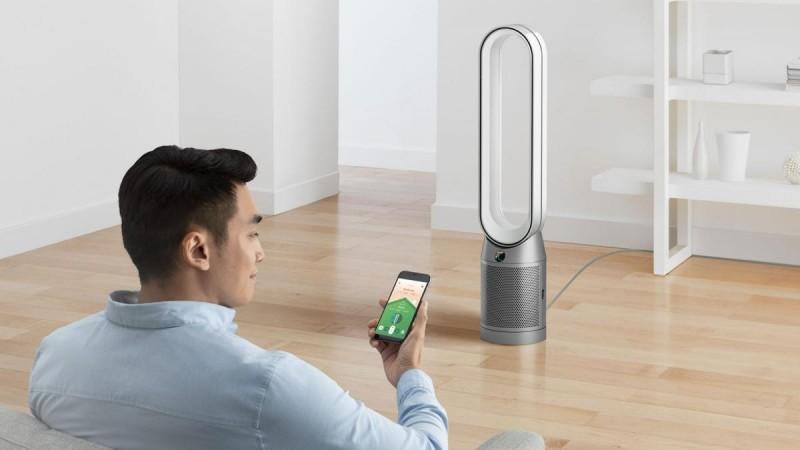Globally, indoor air pollution is a major concern for people, particularly in urban areas where pollution levels are typically higher. According to the World Health Organisation (WHO), indoor air pollution causes around 4.3 million deaths annually, making it a critical public health issue. Recently, a study also revealed that air pollution, a warm bedroom, and high levels of carbon dioxide and ambient noise may all adversely affect our ability to get a good night's sleep.
Ian Brough, Head of Category, Environmental Care Engineering, answers a few questions about the indoor air quality in homes that could help making educated decisions to reduce air pollution exposure.
Indoor air pollution
Indoor air quality can be majorly impacted by outdoor air pollution. Home isn't always a safe haven, and pollution can be generated indoors through day-to-day activities, enter the house from outside, and emit from surfaces, eventually making up a complex cocktail of pollutants. As we increasingly seal our homes to seemingly shut pollution out, in truth, we may be shutting it in.
Every day we can breathe in up to 9,000 litres of air and spend up to 90% of our time behind closed doors. Daily household activities such as cooking, cleaning with cleaning solvents, and using deodorants and scented candles are some of the more common indoor air pollutants. Other major indoor air pollutants can include mould, allergens, pollen and pet dander, or formaldehyde from mass-produced furniture.
How do indoor air pollutants vary in different rooms?
The concentration of indoor air pollutants can vary across rooms in a home depending on the sources of pollution, objects, and human activities.

For example, bedrooms are typically smaller enclosed spaces compared to other areas in the home, which can result in a higher concentration of indoor air pollutants, especially if the room is poorly ventilated. Similarly, in kitchens, burning fuels such as gas or oil can release VOCs, as well as tiny particulates called PM2.5, which are emitted during combustion.
Why is maintaining air quality in the bedroom important?
We spend one-third of our time sleeping, making the bedroom where we spend most of our time. Therefore, it is a unique area of the home in terms of indoor air pollution because of the amount of time that we spend in it and the types of pollutants that are typically present including:
- Cleaning products: Many of us use cleaning products in the bedroom to clean carpets, bedding, and other surfaces. These products can release volatile organic compounds (VOCs) into the air.
- Indoor air pollutants: We may be using scented candles to set the ambience in our space.Candles and other scented products like reed diffusers can emit volatile organic compounds (VOCs) into the air – a form of gas pollution.
- Pet dander: Skin flakes, known as pet dander, can be an invisible source of indoor air pollution for those with pets.
How can air purifiers help maintain better indoor air quality?

Maintaining a healthy indoor environment remains optimal to safeguard occupant well-being. The amount of exposure to pollutants in our everyday lives can be managed and limited through air purifiers. By placing an appropriate air purifier with accurate and efficient sensing capabilities, harmful pollutants can be captured and destroyed, thus enhancing indoor air quality. This is a crucial step towards promoting a healthier environment in the home, especially with the rising temperature which will increase our time spent indoors.













